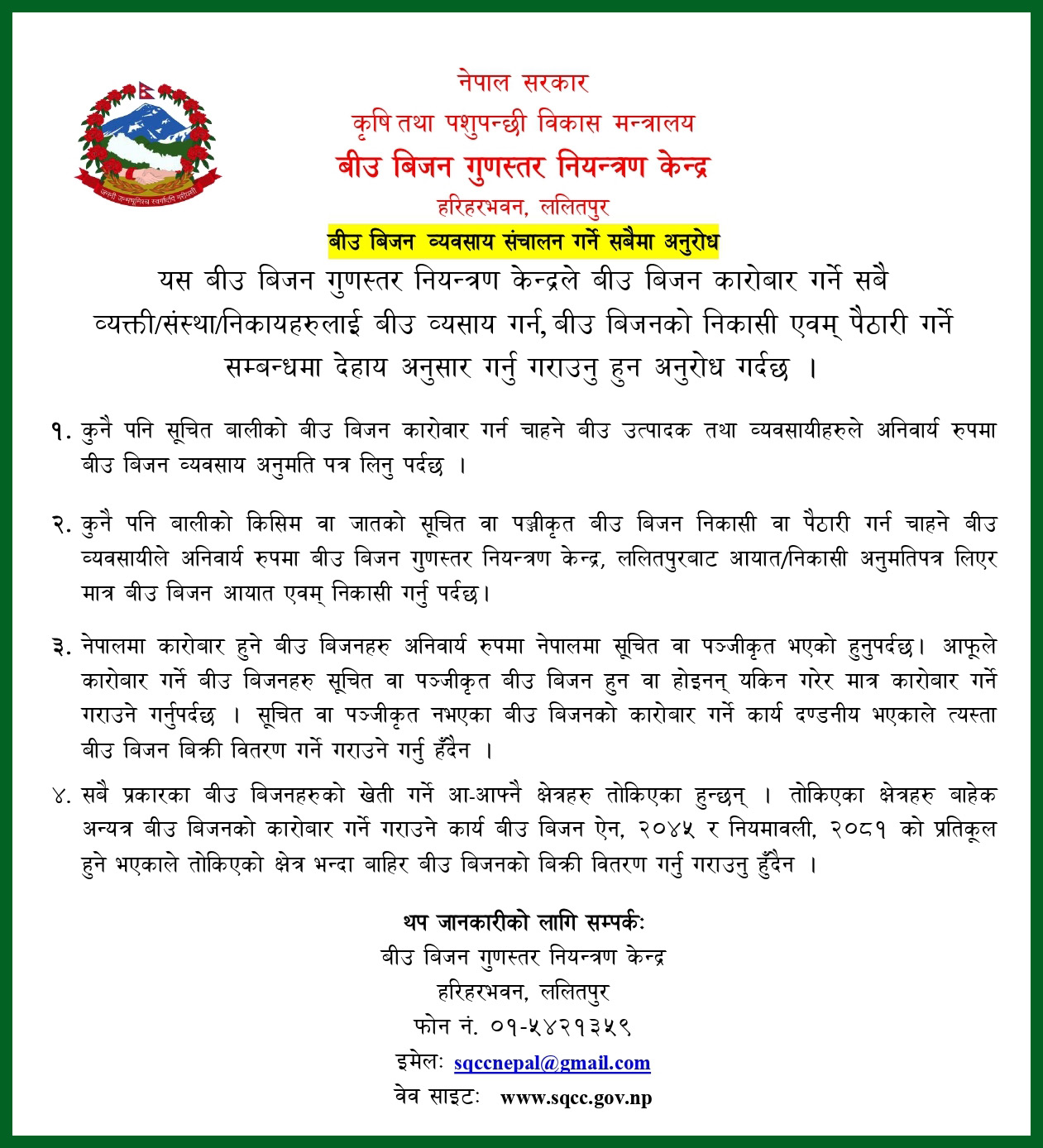Education; A popular word each one of us have been ascertaining since a very young age. The enlightening process of receiving and providing knowledge, through systematic instruction is education. Education is a key part of a society’s growth and progress. When people are educated, they can significantly contribute to their families and society in various aspects and fields thus creates a stable and stimulating community. Why is education important to society?
Education is indispensable in order to create more employment opportunity, improve nation’s economy, and provide a secure and prosperous life. And it also creates a modern society, support empowerment and many more.
But in this stage of a worldwide pandemic where every one of us is locked inside four walls with a huge communication gap; perceiving of education through educational institution is not possible at all; a new term of E-learning came in practice. In this era of modernized science and technologies education has taken a new turn with technology being at the forefront. How we learn has changed drastically because how we study has changed as well. Technology is seeping into our education system and remote learning, E-learning, and online courses are becoming the norm of the day. E-learning has become more and more common, whether for comfort, adapting to work hours or just having the freedom to study from anywhere. And now with the corona virus pandemic, as people have to stay at home, it has become more important than ever. The measures put in place by governments and entities to allow workers and students to do their daily tasks from home confirms that it is possible to carry out these activities from anywhere, with just a computer or Smartphone. The main advantage of asynchronous online learning is that it allows students to participate in high-quality learning situations when distance and schedule make on-ground learning difficult-to-impossible.
A while before as E-learning term just came in use I believed that without training, inadequate capacity, and little planning, the unplanned and rapid transition to E-learning would result in a poor user experience that is unconducive to sustainable development but now with my own experience on E-learning, it came as a boom and helped fulfil numerous purposes of education so easily just by sitting at home. I find E-learning quite productive not only in the sense of gaining education through a modernized form but also as it is being helpful for a flexible schedule. Keeping up with the changing trends people nowadays better prefer a digital life and with-it students prefer E-learning as it helps students to learn things visually, and because of this, they can easily remember the things that they have learnt. It means through online classes; students learn in more effective ways. E-learning is more beneficial than traditional education in some manner. Online learning also improves the technical skills of students. E-learning promotes lifelong learning with connecting us to the global village as well.
In conclusion, E-learning is rapidly expanding and growing in number, and many institutions of learning are incorporating it in conjunction with other forms of education. The number of students preferring E-learning has also increased due to its many benefits. The potential benefits of online education include increase in educational access, providing high quality learning opportunities, improving student outcomes and skills, and expanding options for educational choice. Therefore, time, location, and quality are no longer considered limiting factors in pursuing education with the help of E-learning. –
Ashmi Koirala
Class- 10
Valley View English School
Mid- Baneshwor, Kathmandu














